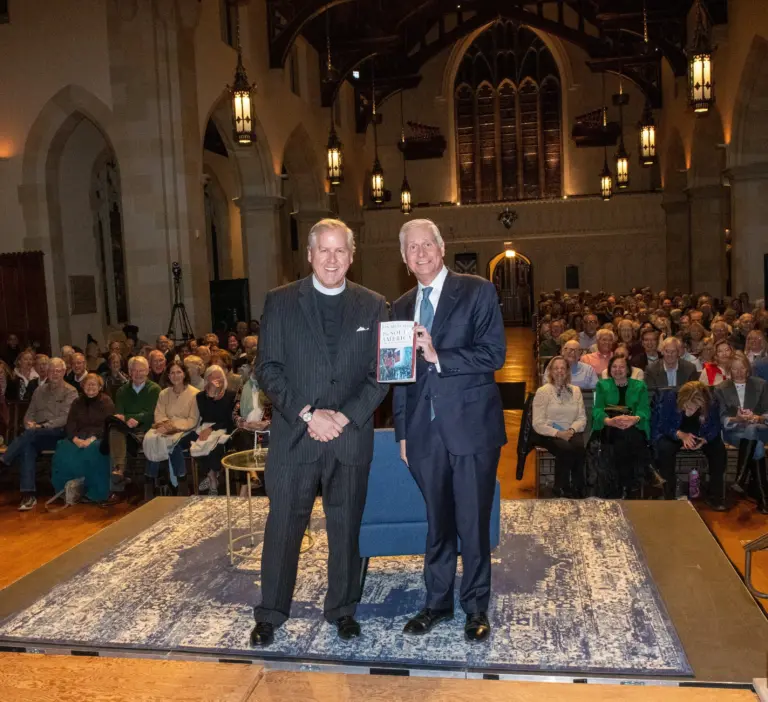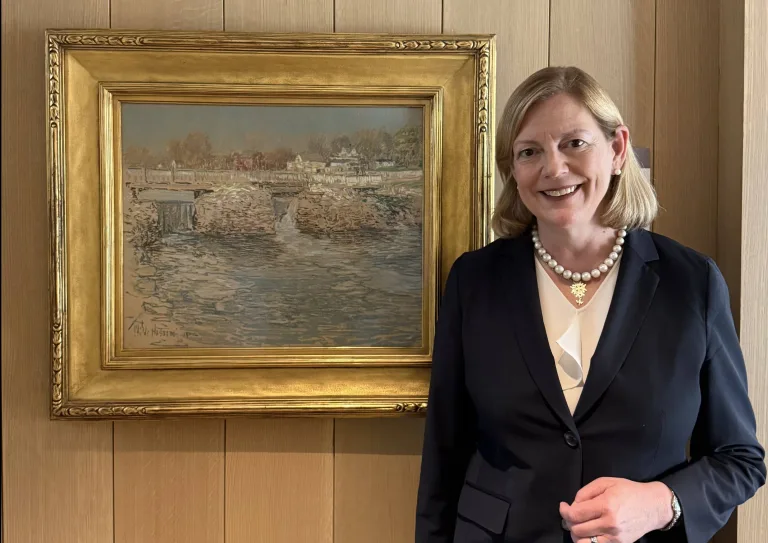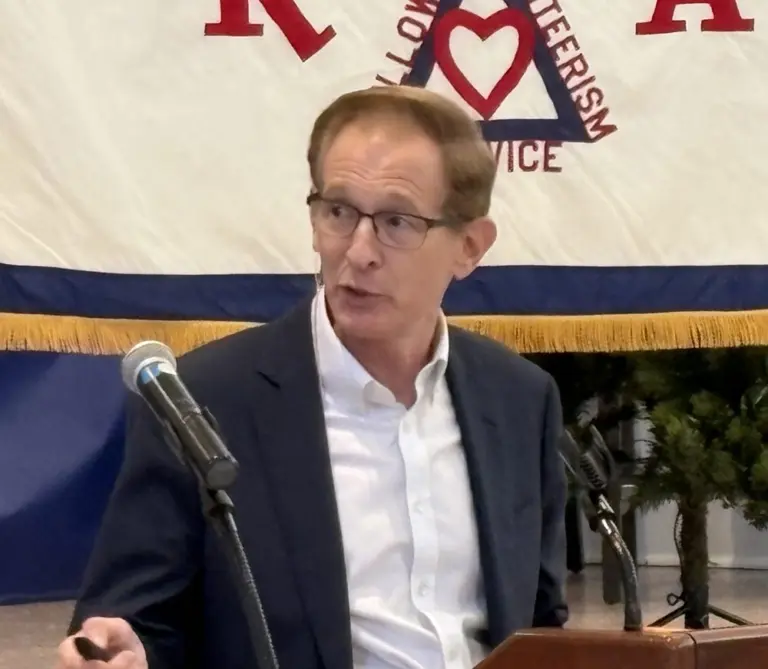By Ed Horstmann
“Thanks for reaching out to me…”
“Thank you for checking in on us.”
“Thank you to the Round Hill Staff for helping to organize our recent event.”
Nearly every week I receive messages like these; expressions of gratitude that brighten my life and those of my staff members. Little time is required to send these notes, yet in their transmission something good happens to us and the world. When the journalist, Janice Kaplan, devoted an entire year to exploring the magic of gratitude, she discovered that giving thanks can have a wide-ranging impact: “Gratitude changed me, and I suddenly had an image that gratitude could also transform the whole world. However dismal global events may be, looking for the bright spots allows us to survive and move on…Charles Darwin believed that the societies with the most compassion are the best able to flourish…If we put good into the world, maybe, just maybe, it starts to be returned.”
The word that I want to connect with gratitude is power. Living with a grateful heart opens us to the power of love, challenges us to look for signs of God’s powerful compassion, and has the power to make us healthier people.
In her book, The Gratitude Diaries: How a Year of Looking on the Bright Side Can Transform Your Life, Janice Kaplan writes that, “one study after another has connected gratitude to higher levels of happiness and lower levels of depression and stress. An article in the Journal of Social and Clinical Psychology, evaluating all literature in the field, concluded that gratitude may have the highest connection to mental health and happiness of any of the personality traits studied.”
The experience of gratitude can have its greatest impact on us if it takes on the shape of a steady habit. In their book, Spiritual Literacy, Frederick and Mary Ann Brussat write that “the spiritual practice of gratitude is not only an occasional act, it’s an ongoing state of mind and a way of life.” It’s a way of leaning into life with trust and hopeful anticipation. The British writer, G.K. Chesterton said that “[some people] say grace before meals…But I say grace before the play and the opera, and grace before I open a book, and grace before sketching, painting, swimming, walking, and grace before I dip the pen in the ink.”
The Letter to the Philippians, a book in the Christian New Testament, contains an extraordinary witness to the power of gratitude as a persistent attitude. Its author, a missionary named Paul, wrote these encouraging words to the growing but fragile Christian community of Philippi in northern Greece: “Rejoice in the Lord always,” he wrote, “and again I say, Rejoice.” These words would be inspiring even if we didn’t know their background, but it seems likely that they were composed while Paul was in prison. The context of the letter indicates that his release was far from a sure thing. So here is someone who does not know if he will survive to see his friends in Philippi, feeling that all his dreams for the future may have come to an end, who nevertheless lets gratitude have the first and last word.
What if we trained our vision to be on constant lookout for reasons to be thankful? What impact might that have on the health of the world? Maybe it’s time to discover the power of gratitude by dusting off that tradition of writing personal thank you notes to people who touch our lives for the better.
John Kralik found that writing thank you notes was essential to his personal transformation. He is a superior court judge in Los Angeles, but not so long ago he arrived at a point in his life where his major commitments—to family, health, and work—were in various states of disrepair. One day he was hiking in the mountains above Pasadena when he made a powerful promise to himself. He would rebuild his life one thank you note at a time. “One by one…he began to handwrite thank yous–to anyone who’d done him a good turn, however large or small. Little by little he rediscovered meaning in his life and richness in his personal and professional relationships…he learned to appreciate his family and strengthened many old friendships, saved his law firm and ran a grueling marathon for charity. And all because he discovered the power of gratitude to transform his life and enhance the well-being of others.”
Now would be a great time to conduct our own research into the virtue of giving thanks, and let the power of gratitude fill us, and our world, with new hope and fresh faith.
Ed Horstmann is the Senior Pastor/Head of Staff for Round Hill Community Church in Greenwich. He is an artist as well as a pastor, and both he and Susan, his wife, are passionate fans of the Minnesota Vikings.




